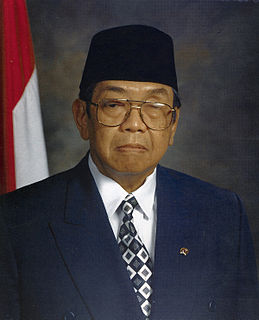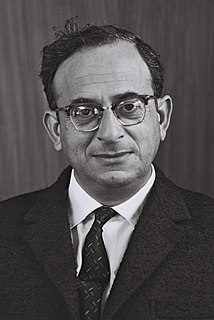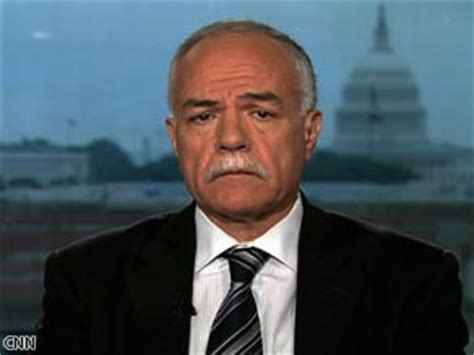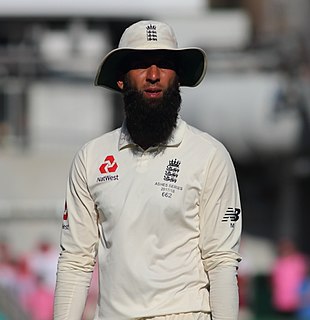A Quote by Christopher Hitchens
The Iranian people were converted to Islam not very much longer after the conquest of the Arab world by Islam, but they refused to adopt the Arabic language, and it's a great point of pride to them that Persian culture and the Persian language and Persian literature survived the conversion to Islam. And the conversion to Islam also was for most of them not the Sunni majority form, but the Shia one. So there's a great discrepancy between Iranian society and many other of what we think of as Arab Muslim States and systems.
Quote Topics
Adopt
After
Also
Arab
Arab World
Arabic
Arabic Language
Between
Conquest
Conversion
Converted
Culture
Discrepancy
Form
Great
Iranian
Islam
Language
Literature
Longer
Majority
Many
Most
Much
Muslim
Other
People
Persian
Point
Pride
Refused
Shia
Society
States
Sunni
Survived
Systems
Them
Think
Very
Were
World
Related Quotes
300 years after the rise of Islam there were Zoroastrians in Iran. The Muslim armies never forced people to accept Islam. It was only within Arabia that God ordered the idolaters to have a choice of either embracing Islam or fight against Muslims, because He wanted to remove this terrible idolatry that exited there. But outside Arabia where Islam met Christians, Jews, Zoroastrians and Hindus, they were given a choice by and large. That's why many Christians and Jewish communities survived in the Muslim world, but gradually many of them embraced Islam for different reasons.
When I was growing up, we often heard Islam in the form of a slogan: "Islam is the solution," but no one ever told me that Islam can be a burden... Very few Muslims write about Islam creatively because I don't think we're given permission to. I think that's the bane of modern Islam. It's been reduced to slogans.
There is something which is going to be one of the main challenges in the Muslim world today, in the Muslim-majority countries in the Arab world, is the religious credibility. How are you going to react to what is said about Islam? So, by touching the prophet of Islam, the reaction should be, who is going to be the guardian?
There has always been a confusion in the West about -Islam and about the Middle East and the assumption that the countries are Arab. Iranians very much object to that. They are very proud of their own history, but they have this real inferiority-superiority complex thing about the Arabs and the position of Islam in Iran. One of the reasons why Shi'a Islam is so entrenched in Iran is because it has allowed the Iranians to distinguish themselves from the Arabs, who are mostly Sunni.


































